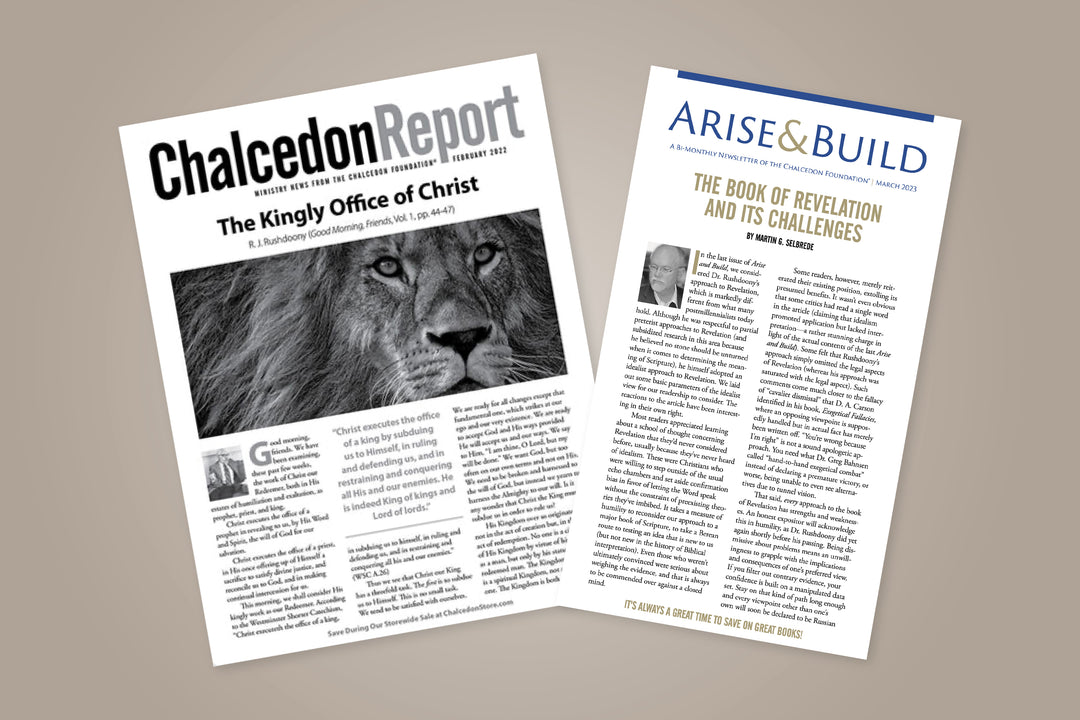Micah, a prophet to Judah, was an 8th century B.C. contemporary of Isaiah. His ministry began before the destruction of Samaria in 721 B.C. and extended well beyond, into the reign of the reforming King Hezekiah. Assyria was a major threat and a succession of Assyrian rulers did, after the fall of the northern kingdom, invade Judah with some very real success.
There are at least four major prophecies in Micah: the coming destruction of Jerusalem (3:2); the birth of the Messiah in Bethlehem (5:2); the going of the people into Babylon (4:9); and those of the Messianic kingdom in its maturity, the best known of which describes the beating of swords into plowshares (4:3). Chapters 4 and 5 in particular are very Messianic.
Judah had both good and bad kings, but the nation continued its trend toward apostasy. This was evident in its culture, and Micah, like Amos, condemned the nation for a host of injustices, both social and economic. Righteousness and justice are equivalent terms in Scripture. These condemnations reveal that righteousness, as defined by God’s law, no longer governed the people. Micah’s critique of injustices was an itemizing of the consequences of their violation of the law of God. Something as simple as unjust weights and measures had created an economy beset by cheating and fraud.
The response of the people was that they could always satiate God’s wrath if they needed to by extreme acts of piety. They had seen God’s mercy before and now considered His forgiveness available whenever they felt they needed it. In the meanwhile, they continued their evil ways. Micah instead calls them to do justly, love mercy, and walk humbly with their God. Yet the last chapter pictures a society dominated by predators, where nobody was trustworthy. Micah begins a prayer of repentance at the end and he does then change to the plural. The closing words are of “that day,” the Messianic age when people come to Jerusalem from throughout the earth, a picture more than of Jews returning from captivity, and one yet to be fully realized.








